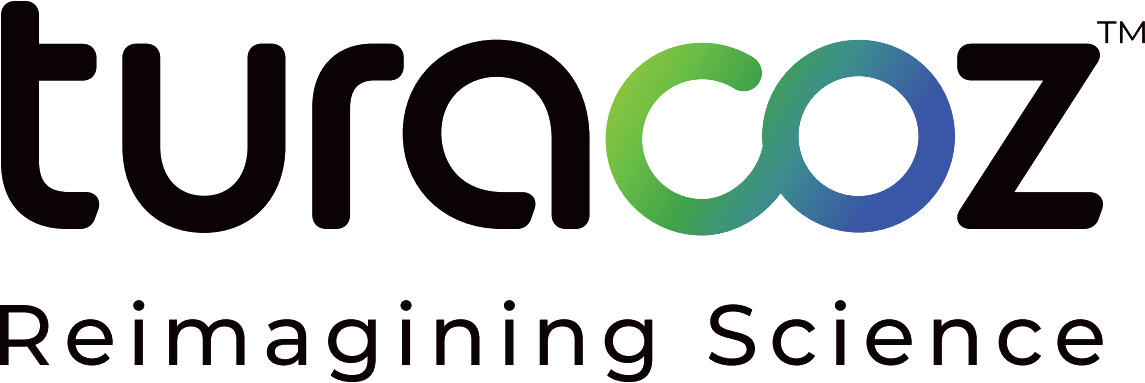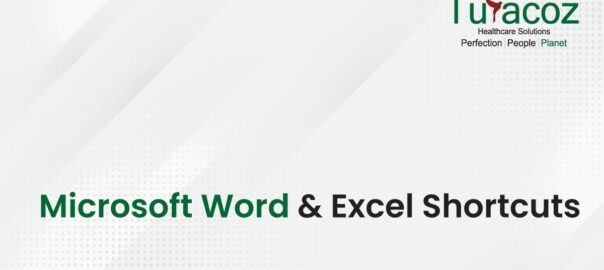
Monthly Archives: March 2016

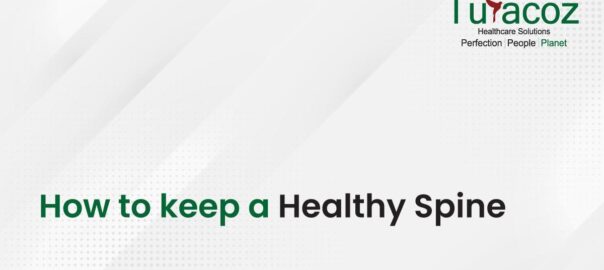
How to keep a Healthy Spine
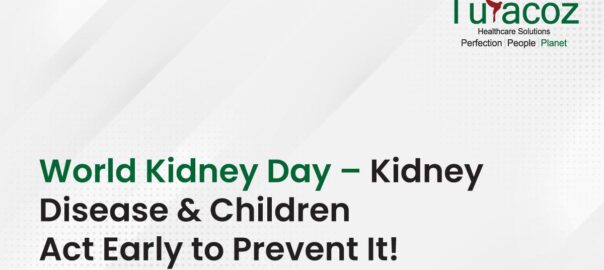
World Kidney Day – Kidney Disease & Children Act Early to Prevent It!
World Kidney Day (WKD) is a joint initiative of the International Society of Nephrology (ISN) and the International Federation of Kidney Foundations (IFKF). The first campaign was initiated ten years ago. Since then, the day is observed every year to raise public awareness of kidney diseases which affect millions of people worldwide, including children who may be at risk of kidney disease at an early age.
Fast Facts:
- 10% of the global population is affected by kidney disease, and it claims the lives of millions of people each year.
- Acute kidney injury (AKI) develops in children when red blood cells are destroyed and block the kidneys’ filtering system, or due to trauma such as burns, dehydration, bleeding, injury or surgery.
- Chronic kidney disease (CKD) in children can be caused by birth defects.
- A person can lose up to 90% of kidney function before experiencing any signs of CKD.
- From birth to age 4, birth defects and hereditary diseases are the leading causes of kidney failure.
- The majority of children with kidney disease progress to end-stage kidney diseases in adulthood.
Mission Statement
The mission of World Kidney Day is to educate people about the importance of our kidneys to our health and to reduce the frequency of kidney disease and its associated health problems worldwide.
Kidney Disease & Children. Act Early to Prevent It
This year’s World Kidney Day campaign emphasizes the importance of following kidney function and blood pressure in children and babies. Kidney disease can affect children in various ways, ranging from treatable disorders without long-term consequences to life-threatening conditions. It is our responsibility to encourage education, early detection and a healthy lifestyle in children, starting at birth and continuing through to old age, to combat the increase of preventable kidney damage including acute kidney injury (AKI) and chronic kidney disease (CKD) and to treat children with inborn and acquired disorders of the kidney.
Objectives of World Kidney Day
- Raise awareness about our “amazing kidneys”
- Highlight that diabetes and high blood pressure are key risk factors for CKD
- Encourage preventive behaviors and systematic screening of all patients with diabetes and hypertension for CKD
- Educate all the doctors and health care professionals about their key role in detecting and reducing the risk of CKD, particularly in high risk populations
- Emphasize the important role of local and national health authorities in controlling the CKD epidemic.
What can you do for your kidneys?
Kidney diseases are silent killers and largely affect the quality of life. There are a few easy ways to reduce the risk of developing kidney disease.
- Keep fit and active: Physical activities and exercises help you to keep fit. This will reduce your blood pressure and therefore reduces the risk of Chronic Kidney Disease.
- Check your blood sugar level: People who have diabetes are more likely to develop kidney damage, so it is important for all to have regular tests for blood sugar level to check their kidney functions. Kidney damage from diabetes can be reduced or prevented if detected early. Keeping control of blood sugar levels with the help of doctors or pharmacists is very important.
- Monitor your blood pressure: High blood pressure is also the most common cause of kidney damage. High blood pressure is especially likely to cause kidney damage when associated with other factors like diabetes, high cholesterol and Cardio- Vascular Diseases. The normal blood pressure level is 120/80. Between this level and 139/89, you are considered pre-hypertensive. At 140/90 and above, you need to consult your doctor and monitor your blood pressure level regularly.
- Eat healthy and keep your weight under control: This can help many conditions associated with Chronic Kidney Disease such as diabetes and heart diseases. Reduce your salt intake. The recommended sodium intake is 5-6 grams of salt per day (around a teaspoon). Limit the amount of processed and restaurant food and do not add salt to food. Prepare the food yourself with fresh ingredients.
- Maintain a healthy fluid intake: To maintain good health, one should consume 1.5 to 2 litres of water per day. Consuming plenty of fluid helps the kidneys clear sodium, urea and toxins from the body which, in turn, results in a “significantly lower risk” of developing chronic kidney disease. Moderately increased water intake may reduce the risk of decline in kidney function. The right level of fluid intake for any individual depends on many factors including gender, exercise, climate, health conditions, pregnancy and breast feeding. People who have had a kidney stone are advised to drink 2 to 3 litres of water daily to lessen the risk of forming a new stone.
- Quit smoking: Smoking slows the flow of blood to the kidneys, which impairs their function Smoking increases the risk of kidney cancer by about 50 percent.
- Do not take over-the-counter pills on a regular basis: Common drugs such non-steroidal anti-inflammatory drugs like ibuprofen are known to cause kidney dysfunction if taken regularly. Such medications probably do not pose significant danger if your kidneys are relatively healthy and you use them for emergencies only, but if you are dealing with chronic pain, such as arthritis or back pain, ask your doctor to control your pain without putting your kidney at risk.
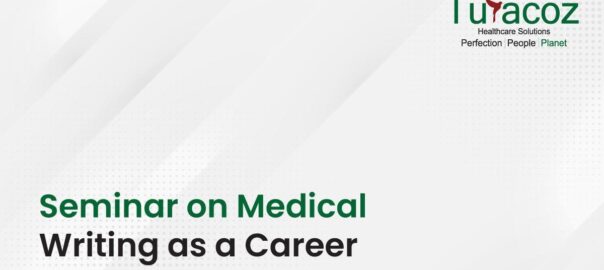
Seminar on Medical Writing as a Career
 Turacoz conducted a seminar on Medical writing as a career for over 125 students with Biotechnology and Life sciences background on February 17th Wednesday at Vellore Institute of Technology, Vellore. Medical writing was introduced as an opportunity to pursue it as career. Different roles that a medical writer would play in the healthcare industry and how would their career graph look in 5+years. Students were encouraged to participate in certification programs that would enhance their skills and were mentored as how and which industry should be approached. An overwhelming response was followed by a request for workshop.
Turacoz conducted a seminar on Medical writing as a career for over 125 students with Biotechnology and Life sciences background on February 17th Wednesday at Vellore Institute of Technology, Vellore. Medical writing was introduced as an opportunity to pursue it as career. Different roles that a medical writer would play in the healthcare industry and how would their career graph look in 5+years. Students were encouraged to participate in certification programs that would enhance their skills and were mentored as how and which industry should be approached. An overwhelming response was followed by a request for workshop.
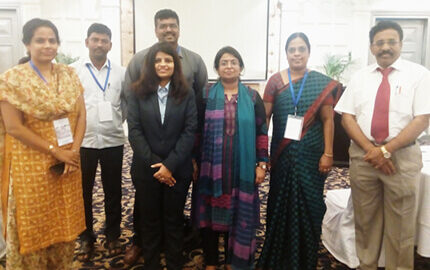
Medical Writing Workshop at Chennai
 Turacoz conducted a Medical writing workshop on February 16th, Tuesday at Radisson Blu GRT, Chennai. It is one of the developed cites in India with brilliant minds who has produced some of the best doctors and scientists for the healthcare industry. The workshop covered three modules that included how to write publication articles like review articles, manuscripts, case reports etc. and what are the ethical concerns involved. The workshop gave the participants a practical experience by solving mini assignments and taking up the live assignments. The response was over whelming and we look forward to conduct these workshops more often.
Turacoz conducted a Medical writing workshop on February 16th, Tuesday at Radisson Blu GRT, Chennai. It is one of the developed cites in India with brilliant minds who has produced some of the best doctors and scientists for the healthcare industry. The workshop covered three modules that included how to write publication articles like review articles, manuscripts, case reports etc. and what are the ethical concerns involved. The workshop gave the participants a practical experience by solving mini assignments and taking up the live assignments. The response was over whelming and we look forward to conduct these workshops more often.
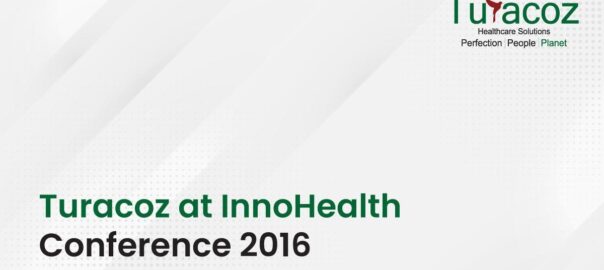
Turacoz at InnoHealth Conference 2016
 Turacoz’s Medical Director, Dr. Namrata Singh was present at the InnoHealth conference held on February 5th at PHD house, Chamber of Commerce, New Delhi. She was one of the panelist for Day 2, session 3-Discussion on Learning from emerging and developed economies. She gave her view about the importance of data sharing and integrity, reforms or policies required by the government for the healthcare sector and how innovations in healthcare should be mentored by the people who have a medical background. Other panelist in the session were Dr. Saurabh gupta, Assistant prof. NIT Raipur, Mr. Mika Heinonen, founder- Medipoc, Finland.
Turacoz’s Medical Director, Dr. Namrata Singh was present at the InnoHealth conference held on February 5th at PHD house, Chamber of Commerce, New Delhi. She was one of the panelist for Day 2, session 3-Discussion on Learning from emerging and developed economies. She gave her view about the importance of data sharing and integrity, reforms or policies required by the government for the healthcare sector and how innovations in healthcare should be mentored by the people who have a medical background. Other panelist in the session were Dr. Saurabh gupta, Assistant prof. NIT Raipur, Mr. Mika Heinonen, founder- Medipoc, Finland.
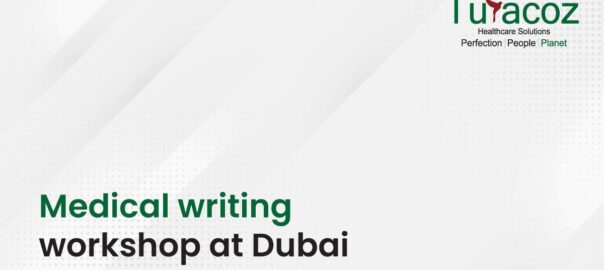
Medical writing workshop at Dubai
 Turacoz Healthcare Solutions conducted a Medical Writing Workshop in Dubai on 30th January 2016 at Radisson Blu Downtown. The participants included the doctors from various hospitals and medical managers from pharma industry. In this medical writing workshop, the participants learnt the basics of effective publication which included writing free of medical jargon, avoiding common grammatical errors, and basics of statistics while ensuring the scientific integrity of your work. It was an interactive workshop with assignments, MCQ’s and live case studies discussion at the end of all the modules. The doctors came up with their queries and the problems they face in writing a manuscript and case reports. We were requested to conduct these workshops again.
Turacoz Healthcare Solutions conducted a Medical Writing Workshop in Dubai on 30th January 2016 at Radisson Blu Downtown. The participants included the doctors from various hospitals and medical managers from pharma industry. In this medical writing workshop, the participants learnt the basics of effective publication which included writing free of medical jargon, avoiding common grammatical errors, and basics of statistics while ensuring the scientific integrity of your work. It was an interactive workshop with assignments, MCQ’s and live case studies discussion at the end of all the modules. The doctors came up with their queries and the problems they face in writing a manuscript and case reports. We were requested to conduct these workshops again.
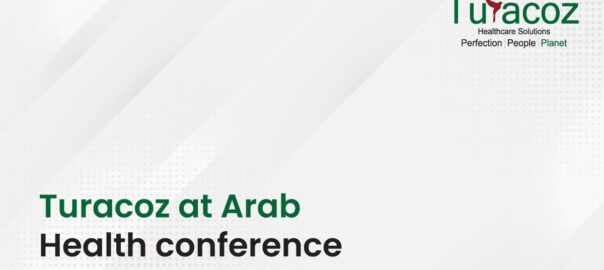
Turacoz at Arab Health conference
 Arab Health Congress is one of the biggest, largest and most extravagant confluence for the pharmaceutical and healthcare professionals. It is the collective voices of healthcare professionals across the globe to convene, engage and expand the dialogue on improving the basics to the future of the healthcare industry. It caters approx. 7800 delegates and 1,80,000 visitors from all over the world. It is an amalgation of innovation, experts and the latest in the healthcare industry. Turacoz Healthcare Solutions visited Arab Health Congress held on January 25th -28th at world trade center. we networked with the healthcare experts and it was a great experience to share what we know and learn what we could incorporate in our learning of the industry.
Arab Health Congress is one of the biggest, largest and most extravagant confluence for the pharmaceutical and healthcare professionals. It is the collective voices of healthcare professionals across the globe to convene, engage and expand the dialogue on improving the basics to the future of the healthcare industry. It caters approx. 7800 delegates and 1,80,000 visitors from all over the world. It is an amalgation of innovation, experts and the latest in the healthcare industry. Turacoz Healthcare Solutions visited Arab Health Congress held on January 25th -28th at world trade center. we networked with the healthcare experts and it was a great experience to share what we know and learn what we could incorporate in our learning of the industry.
